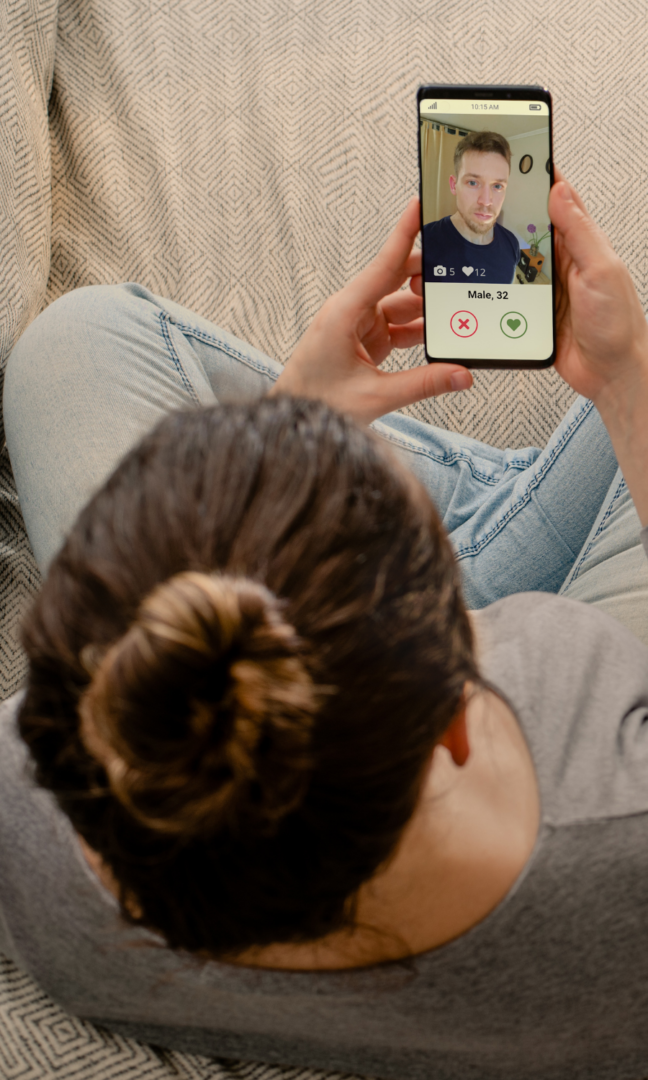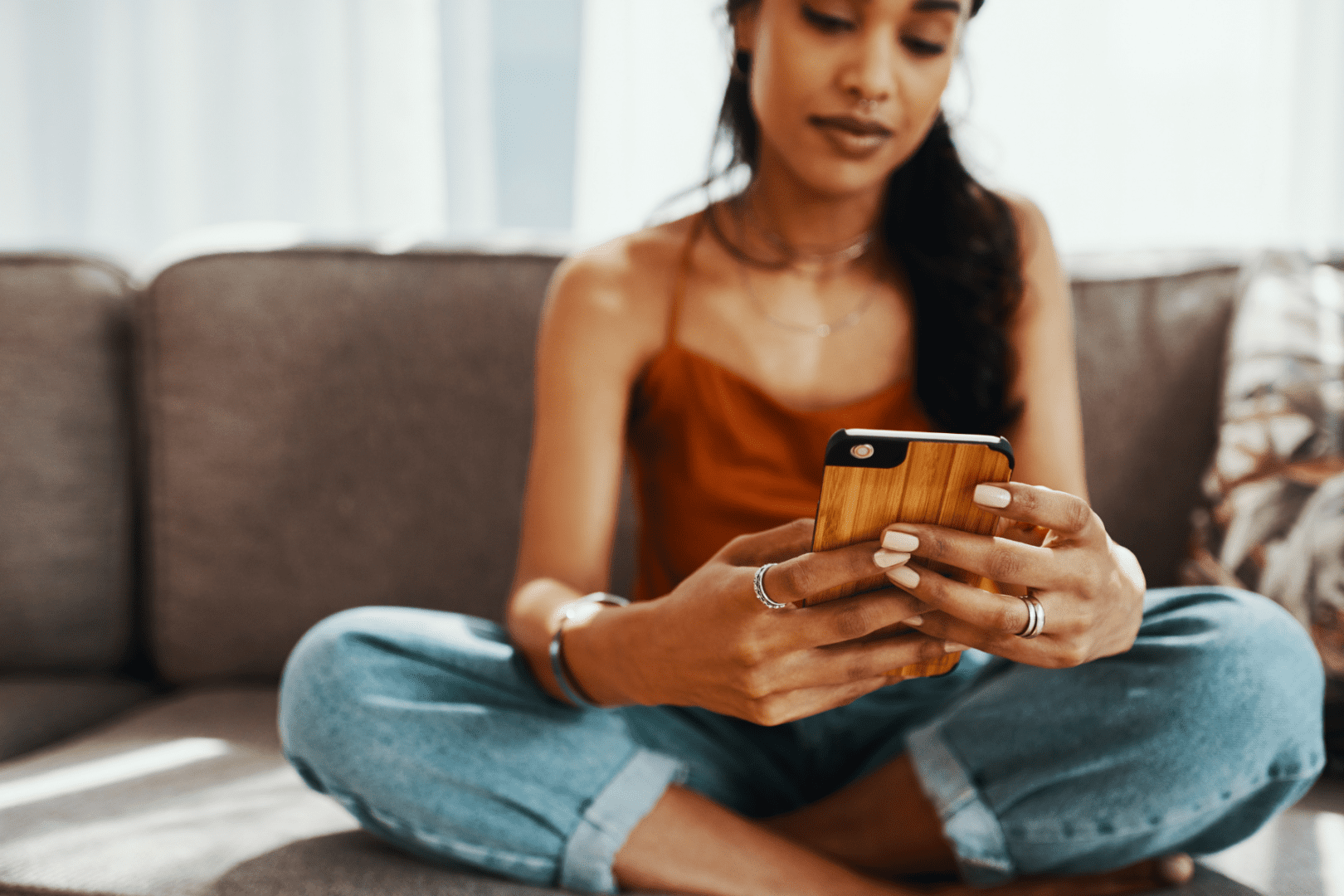The coronavirus pandemic has made many long-lasting impacts, including changing the way we interact and socialize. Although we are getting back to a more “normal” lifestyle, there still seems to be a steady rise in dating app usage and it has brought some interesting social issues to light, including the importance of mental health and innovative uses for technology. As the world shifted online at the height of the pandemic, the usage of dating apps skyrocketed:
- Tinder recorded 300 billion swipes in 1 day
- OKCupid reported 700% increase in dates
- Bumble video call feature usage increased 70%
Apps offer plenty of possible connections, but this can have a negative effect on mental health. A survey found that nearly half of those with existing mood disorders experienced worsening depression due to online dating. People who are seeking approval and are emotionally frail are more at risk of experiencing negative impacts. Even those without pre-existing mental illness can still be affected.
Here are 3 common ways dating apps negatively impact mental health:

1. Cause Stress & Anxiety
Sometimes less is more when it comes to dating. With apps, you're given a wide pool of potential matches that may end up being more overwhelming than intriguing, especially if you’re feeling stressed from family and peers to settle down and get married. There's also that feeling of pressure the you have to respond to every match every day. It's reported that dating app users face three times the amount of stress compared to non-users.
2. Poor Body Image
With online dating, you miss that personal connection during a first impression and many view dating apps as being based on physical attraction. This can lead to comparing yourself to others and increased self judgement. A study in 2016 showed that Tinder users had lower levels of self-esteem, which was mainly due to feeling dissatisfied with their physical appearance and being ashamed of their body image.
3. Lower Self-Esteem
Dating apps are prone to set you up for rejection because it's just not possible to match with all users. While rejection is part of every day life, the internet can cause more dismissals or "ghosting." Some users may have negative feelings and thoughts and take it personally when someone is not interested.
Tips for Navigating Dating Apps
1. Set a time limit. Social media fatigue is a real phenomenon, and this translates to dating app usage as well. Set aside a 15-minute break to truly engage in using the app, rather than mindlessly swiping for hours.
2. Before swiping, make sure you are in the right frame of mind. It might not be the best choice to jump on a dating app when you're already having a bad day. Before opening the app, check in with yourself to make sure you can handle making connections and are able to respond appropriately negative interactions.
3. Set healthy boundaries and stick to them. Don't feel like you have to continue talking to every single match. If someone begins to make you feel uncomfortable or ignores your boundaries, it's completely okay to cut off that conversation.

Overall, dating apps can be a great way to get back out there and meet people you normally wouldn't get the chance to interact with. However, taking into account your mental and emotional state prior to swiping is essential in maintaining your mental health.
If you or a loved one are experiencing struggles with mental health, clinicians in our Counseling & Wellness Centers are here to help.
Call our main number at 844-4-ACENDA (844-422-3632 X9500) for more information or to schedule an appointment.
Sources: